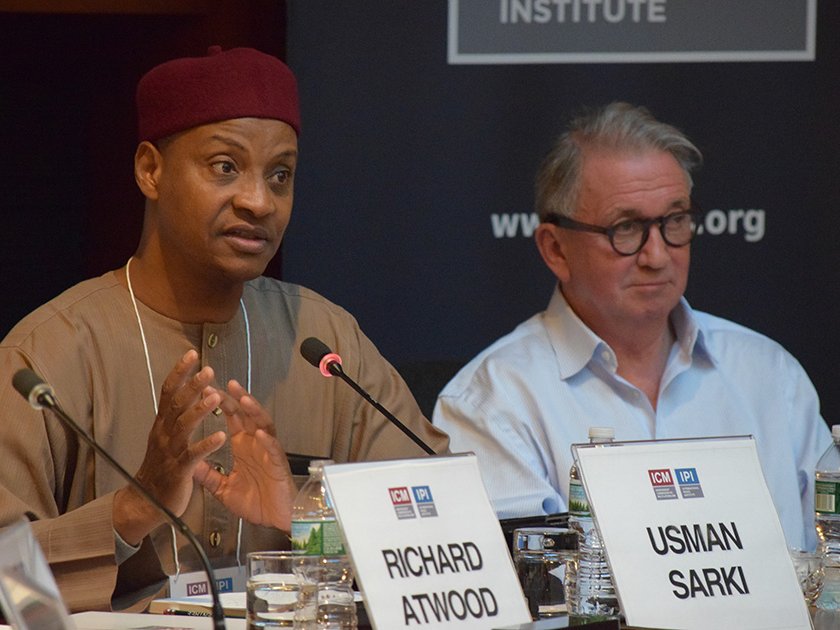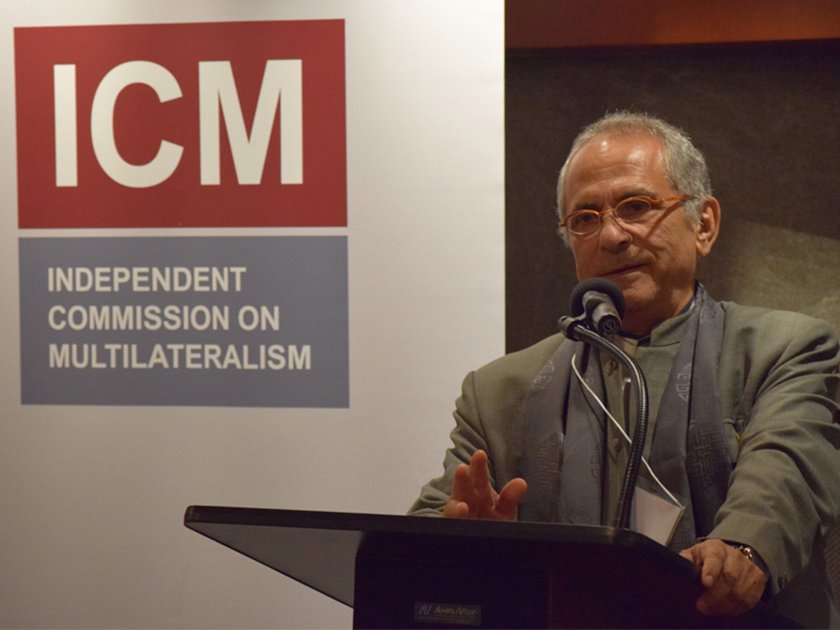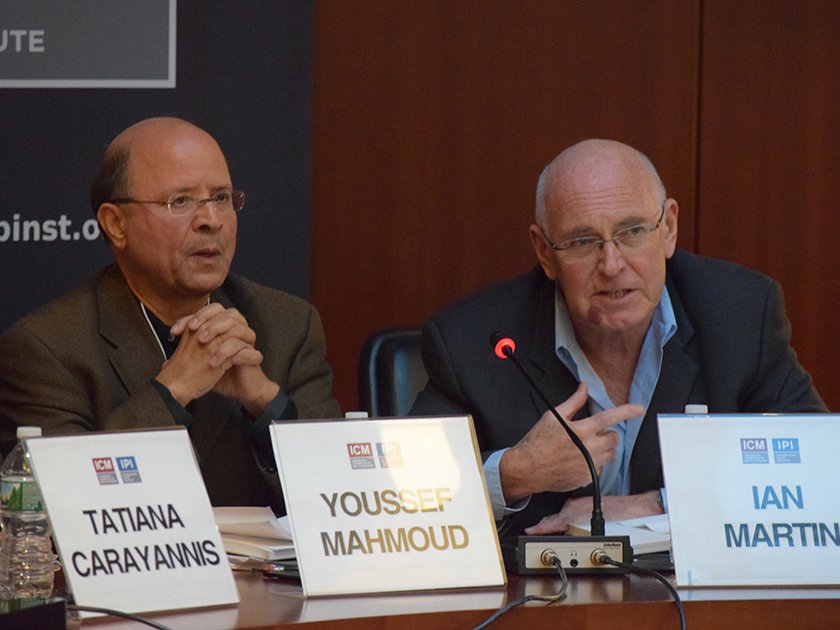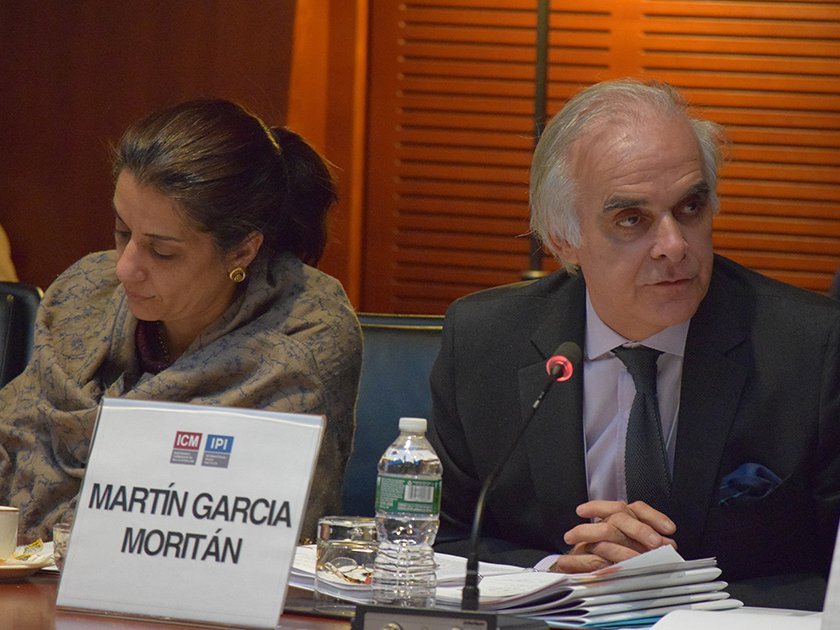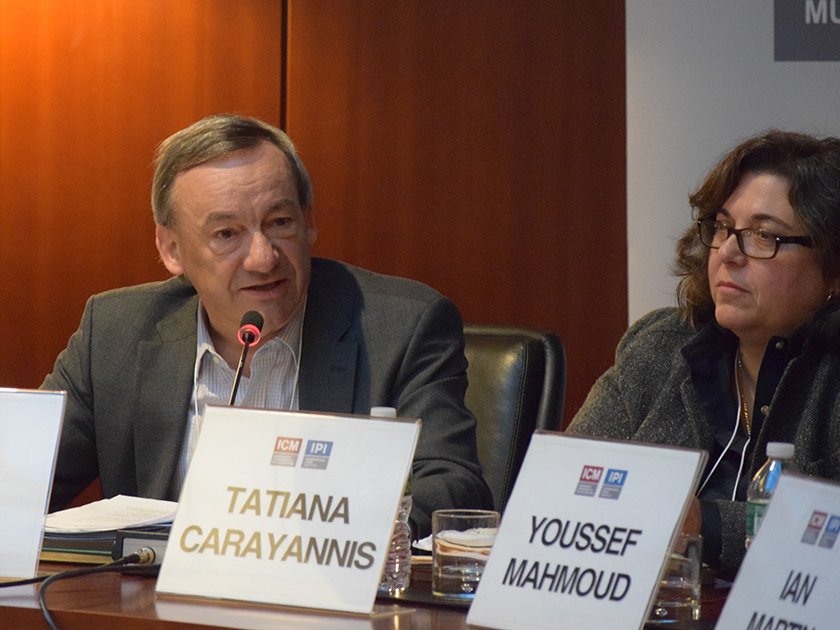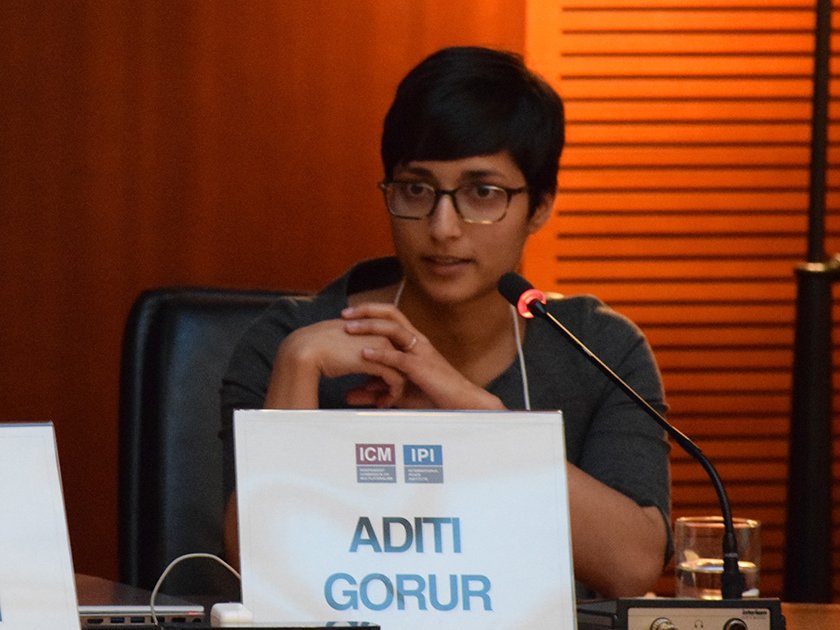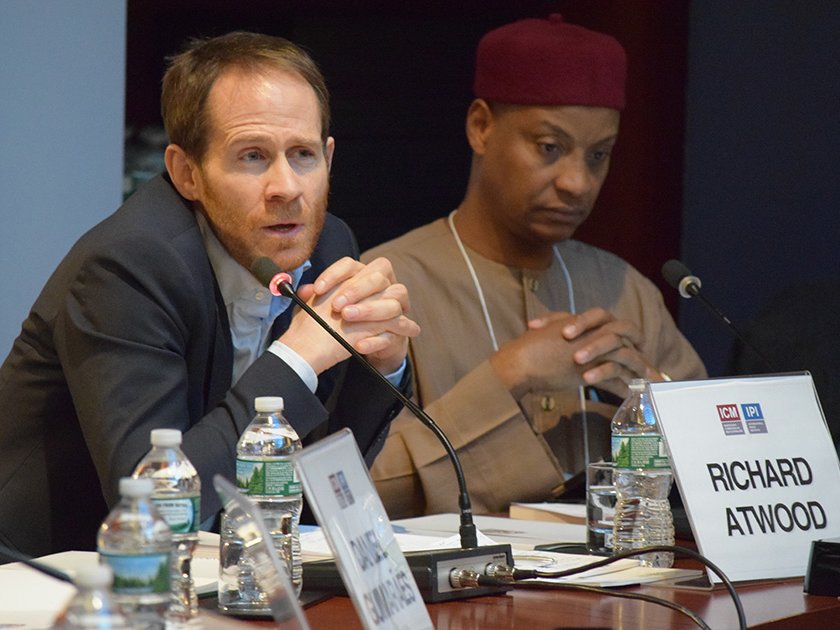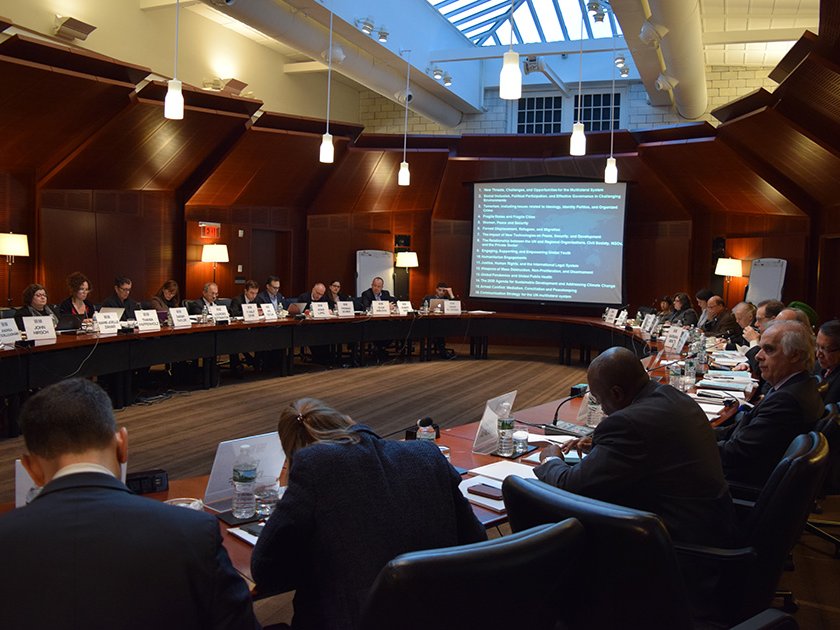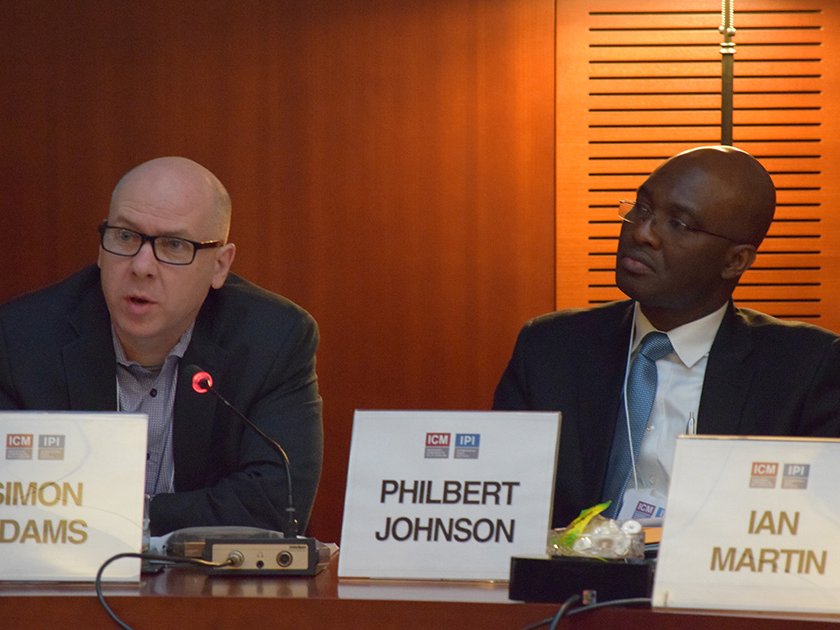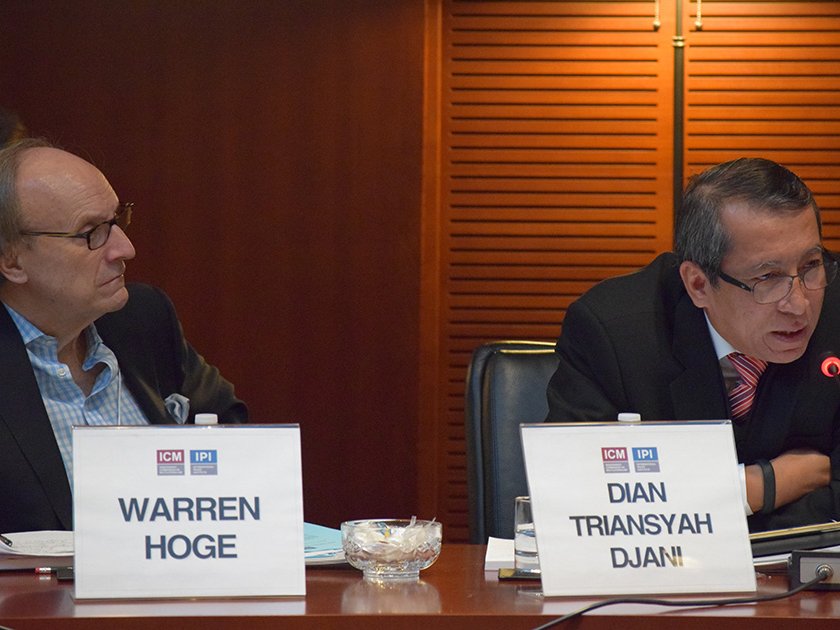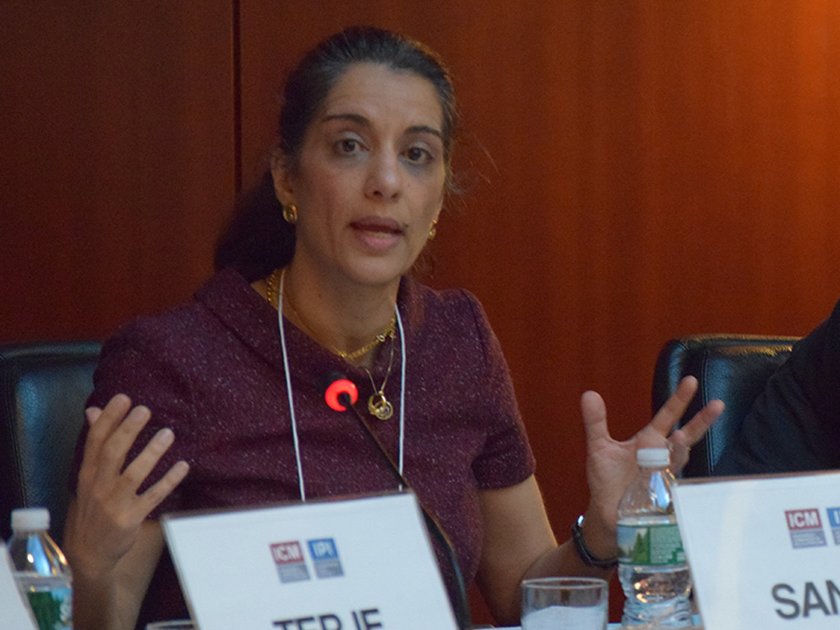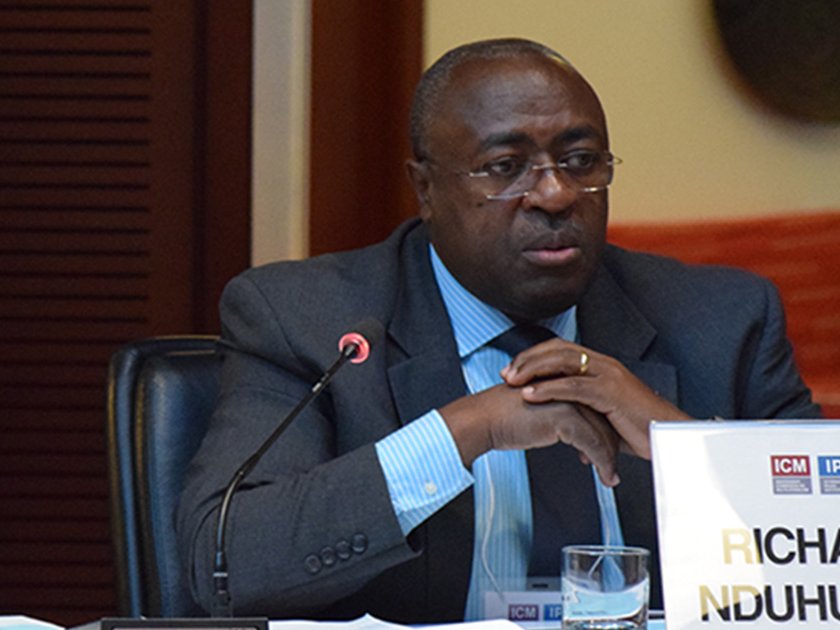The persistence of armed conflict and its effects lies at the center of current crises, precipitating concerns that global stability is at risk. Taking a long view of history, the world is less war-torn than in previous centuries. Yet while the overall number of armed conflicts continues to decline, the number of conflict-related deaths has risen dramatically in recent years, from 56,000 fatalities in 63 active conflicts in 2008 to 180,000 fatalities in 42 active conflicts in 2014. Since 2007 the number and severity of high-intensity conflicts has in fact increased. These have resulted in devastating humanitarian consequences, including a growing number of people killed and a vast expansion of the number of people displaced by conflict. As is well-known, there are now more refugees and internally displaced people in the world than at any time since World War II.
Furthermore, recent armed conflicts have proven to be particularly resistant to peaceful settlement, as the cases of Syria and Ukraine suggest. There are at least two contributing factors to consider here: first, wars that are principally intra-state conflicts have become increasingly subject to external pressures of some sort, whether through direct intervention or indirect support for one party or another by an outside actor, often a third state. Second, the direct or indirect involvement of new types of armed non-state actors has made some of these conflicts less conducive to resolution through the traditional tools of mediation and preventive diplomacy. Such actors include violent extremist groups, like Daesh or Boko Haram, and transnational networks of organized crime. The interconnectivity of political objectives, the presence and incentives of organized crime, and violent extremism has in some cases blurred the lines between armed conflict as defined by international humanitarian law and other forms of organized violence. This has complicated the capacity of the UN and other international actors to respond with the traditional tools of peacemaking, peacekeeping, and peacebuilding.
The ICM convened its sixteenth and final retreat, on “ Armed conflict: mediation, conciliation, and peacekeeping”, on March 22-23, with experts from the UN and its member states, academia, NGOs, and civil society. The retreat’s goal was to discuss how the current context of armed conflict affects the capacity of the multilateral system to maintain international peace and security and how it can be made fit for purpose to respond to the challenges of the 21st century.
The retreat was organized around three sessions. The first session focused on the broad context of armed conflict today and the challenges it poses for international peace and security. The second session examined new challenges for mediation and peacebuilding. The third and final session discussed the path forward for UN peacekeeping, building on the report of the High-level Independent Panel on Peace Operations, released in June 2015.
Discussions were held under the Chatham House Rule of non-attribution and were moderated by IPI President Terje Rød-Larsen, ICM Secretary-General Hardeep Singh Puri, and IPI Senior Advisor Youssef Mahmoud. H.E. Mr. José Ramos Horta, ICM Co-Chair and former prime minister and president of Timor-Leste, delivered the keynote address.
A public consultation on this topic will be held on May 26, 2016.

